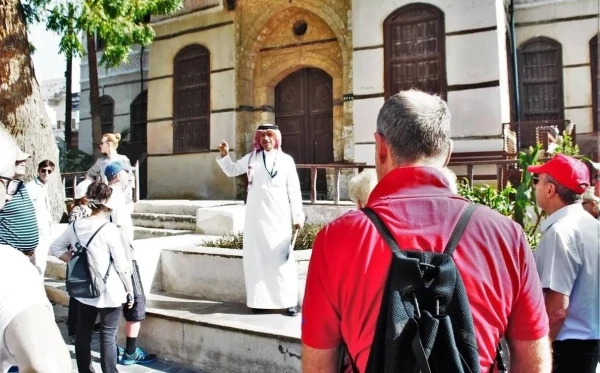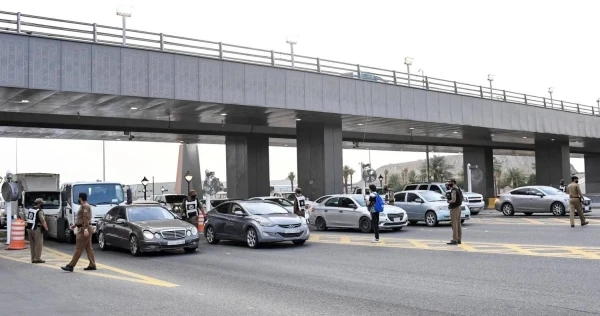Saudi Arabia is expected to become a top travel destination in the world By 2030, drawing 70 million tourists from abroad each year. During a panel discussion at the World Economic Forum (WEF) in Davos on January 23, 2025, Minister of Tourism Ahmed Al Khateeb declared this audacious objective. As a reflection of its strategic vision and notable advancements in the tourism industry, the Kingdom hopes to be ranked in the top seven tourist destinations globally.
Record Growth in Tourism:
Nearly 30 million foreign visitors visited Saudi Arabia in 2024, demonstrating the country's rising popularity as a travel destination. Al Khateeb emphasized that the Kingdom's tourism initiatives align with Vision 2030. He declared, "Saudi Arabia focuses on enhancing the entire tourist journey, from flights and landing points to mobility and destinations," emphasizing the significance of integrated planning and efficient government in accomplishing these objectives.
Infrastructure and Accessibility Improvements:
Saudi Arabia has launched a number of significant steps to help with this tourism boom. Modern airport construction and the introduction of e-visas are essential to the growth of foreign tourists. It is anticipated that King Salman International Airport will handle more than 120 million passengers, greatly improving connectivity. Additionally, by expanding travel options and accessibility, Riyadh Air's establishment seeks to support the Kingdom's tourist goals.
Sustainable Tourism Development:
Saudi Arabia is dedicated to eco-friendly travel strategies that uphold regional customs and foster economic expansion. The Kingdom's commitment to the promotion of responsible tourism is demonstrated by its investments in green technologies and infrastructure projects. According to Al Khateeb, these initiatives are essential to establishing a welcoming atmosphere for both investors and tourists.
Cultural Richness and Unique Experiences:
Visitors are drawn to the Kingdom by its rich cultural legacy, which includes UNESCO World Heritage sites like Diriyah and Al-Ula that provide one-of-a-kind experiences. Saudi Arabia wants to develop a wide variety of attractions that appeal to different interests as part of its Vision 2030 goal, from historical exploration to contemporary entertainment.
Conclusion:
Saudi Arabia is in a position to change the travel scene in the Middle East and establish new standards for international travel as it strives to meet its ambitious tourist objectives. By 2030, the Kingdom is expected to be a top travel destination globally thanks to sustained investments and strategic efforts.








